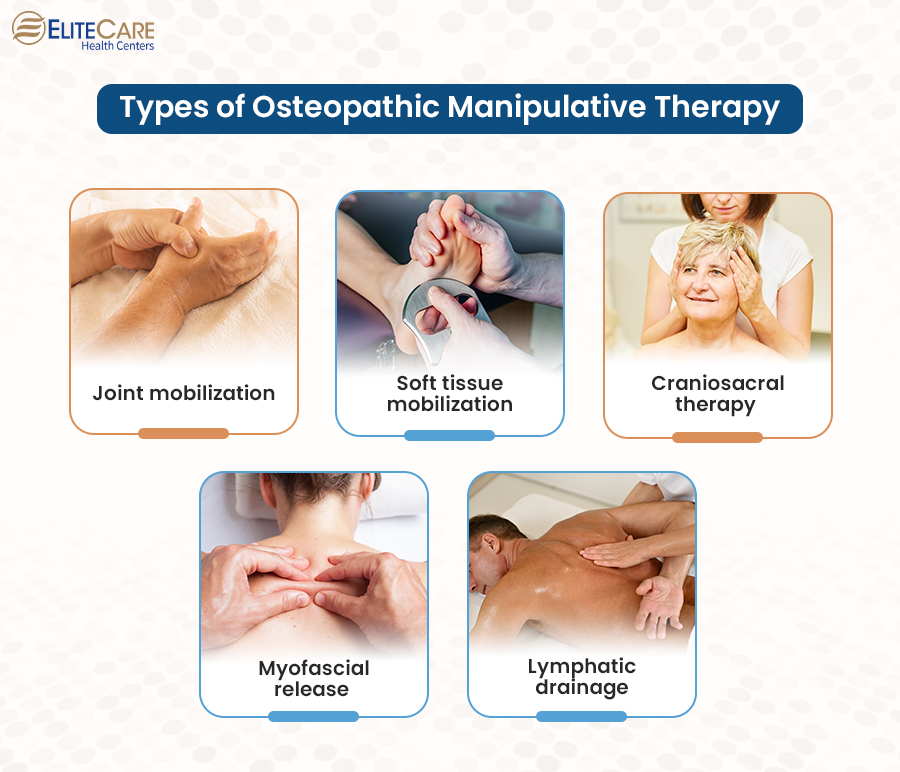Your choice between an osteopath and chiropractor depends on your health concerns, priorities, and wellness goals. Both practitioners offer excellent drug-free approaches to managing pain and improving function, though their methods differ significantly.
Chiropractors provide quick relief through targeted spinal adjustments. They work best for acute back pain, neck issues, and postural problems. Their spine-focused approach aims to correct misalignments and improve musculoskeletal system function. Patients who need immediate relief often find chiropractic care helpful, especially for spine-related conditions.
Osteopaths use an all-encompassing approach to understand multiple body systems and environmental factors that affect health. Their gentle techniques—including soft tissue manipulation, stretching, and joint mobilization—create gradual but often longer-lasting results. People with complex conditions, sports injuries, or issues that need whole-body treatment might find osteopathic care more beneficial.
Both osteopaths and chiropractors share one main goal—they help you achieve optimal health without medication. The quickest way to improve your quality of life is to take action, whether you choose spinal adjustments or gentle manipulation techniques.
The right care for your needs begins with making an informed choice.


